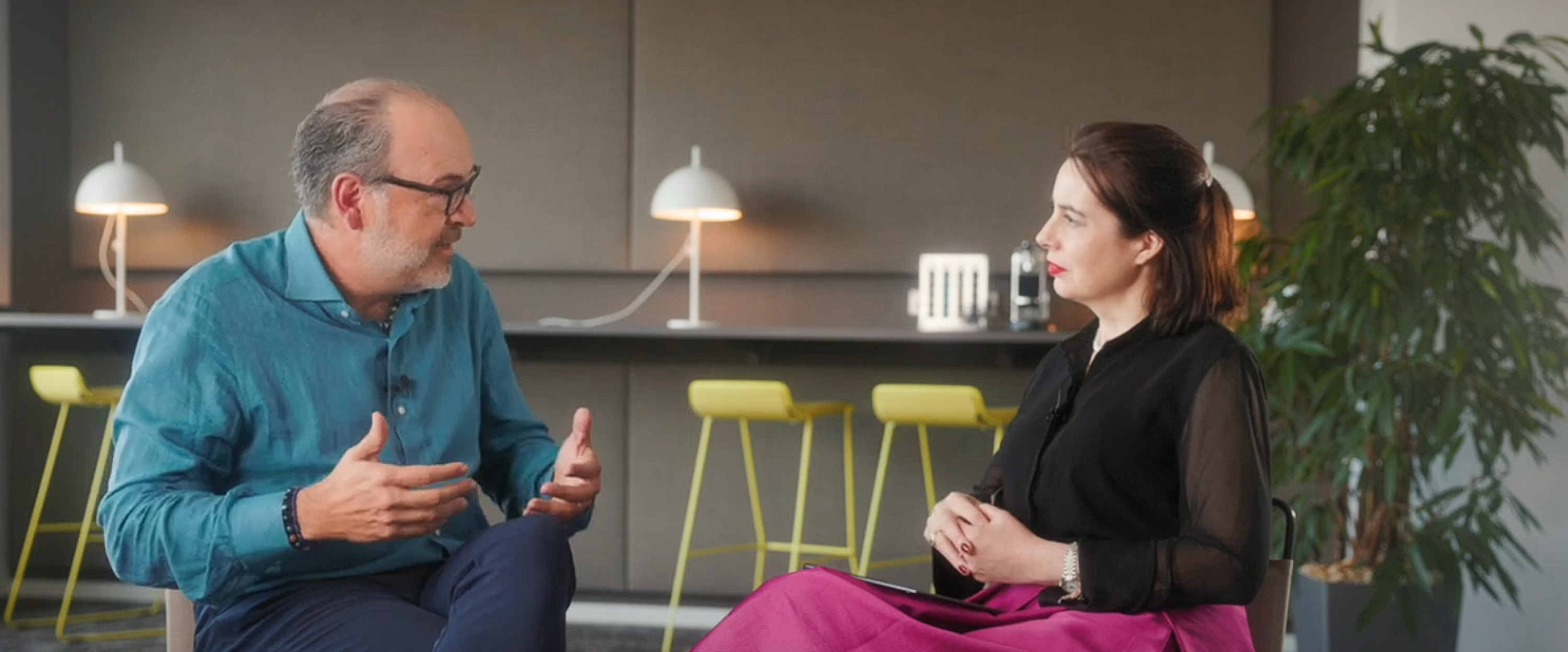What does it take for leaders to truly succeed today? It is not managing their time efficiently. Rather, it is about tapping into an infinite source of inner energy and learning how to master it. This is the novel idea presented by my Egon Zehnder colleague Ricardo Sunderland in his new book, “The Energy Advantage: How to Go from Managing Your Time to Mastering Your Energy.” Based on 15 years of working with some of the most senior leaders at the world’s most recognizable organizations, Ricardo argues that success demands more than just mental and physical energy; leaders must harness emotional and spiritual energy to create environments where they and their teams feel safe to challenge, grow, and thrive.
In this installment of Stewardship Conversations, Ricardo advocates for a profound shift in how every individual sees themselves—not merely as professionals burdened with tasks, deadlines, and schedules, but as whole human beings with emotions and consciousness that impact our creativity and satisfaction, both at work and beyond. Throughout our discussion, it became clear that effective leadership transcends superhero-like productivity; it's about embracing our humanity to unlock our full potential.
Read on for the highlights:
What's your purpose?
My purpose in life is to help connect leaders to their energy and to learn how to manage it so that they can become human leaders. And it didn't come organically. It is a result of a lot of personal work that I've been doing over the years, and then the support of experts who actually help people connect to themselves, and from that place, find their purpose.
Why did you feel the need to write your book?
Many of my clients would ask me after working together, ‘where were you 20, 30 years ago?’ And I’ve realized that if I were to write about the work and what has helped them, readers could get inspired through the work and advance on their own journey of becoming better leaders. It's a way of paying forward. And that was one of the main inspirations to get me to write the book.
One of the main goals for the book is to make sure that there is a framework, with very practical exercises and takeaways for the reader to understand energy management.
How would you advise leaders facing the expectation of being a ‘superhero’ leader?
Leaders often feel overwhelmed by multiple tasks. Most of them focus on time management, which can be even more overwhelming. However, when it comes to energy, we have in us access to unlimited energy. Reconnecting with this energy brings clarity, creativity, peace, and effectiveness. Being in this state reduces overwhelm and boosts productivity. This book aims to help leaders harness their energy, manage overwhelm, and enjoy their lives and roles.
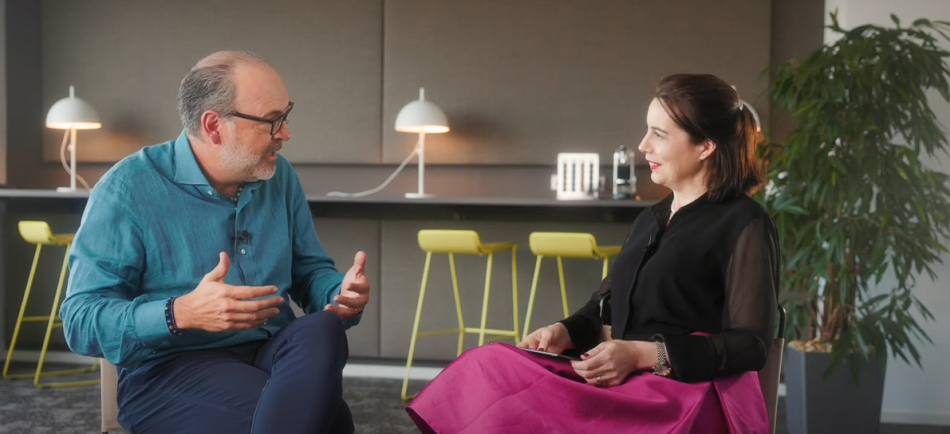
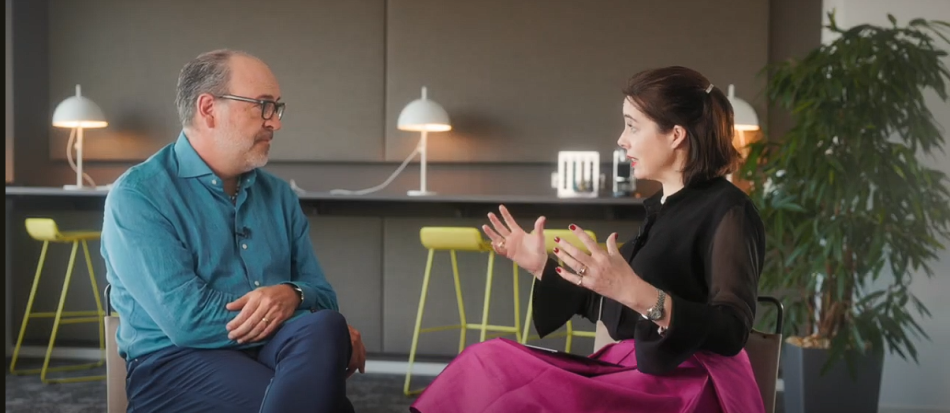
How do we raise energy up as part of the agenda when building a leader’s resilience?
You can use mental and physical energy and be resilient on how you think and do. When you allow yourself to explore emotional energy, for example, moving from a compartmentalized belief that, ‘if I were to show my emotions at work, then I'm weak’, you can start to embrace vulnerability as a strength, your resilience amplifies.
When I ask leaders, ‘what are you afraid of?’ they are afraid of failure and use fear as an engine. So, I tell them that we will not eliminate the fear of failure. Instead, we will learn how to begin a relationship without fear of failure. So then it becomes a choice. Being able to bring this kind of energy into your resiliency doesn’t make you ‘soft’.
What advice would you give to leaders to help scale this into their teams?
Understanding the need to, first, take care of themselves as a leader—amplifies their ability to take care of others. If you're kinder to yourself, your ability to be kinder to others will be greater. The ability of your team to connect to you will grow. These kind of shifts in the system start with the leader, and then everybody else feel safe. Everybody else replicates your coherence. They become attuned to you and then that starts to show up into the organization.
When you begin working with clients, do they initially feel that this approach seems self-indulgent?
Their first reaction is, ‘no, that doesn't work for me’. There is a belief in leaders that taking care of self means being selfish. This belief is no longer serving leaders. Once they realize that, the guilt starts to go away. Leaders feel better, calmer, and clearer in the way they want to operate. If you don't break that belief system, if you don't soften it, it will be difficult for that leader to explore and undertake the internal work, which is the essence of their development.
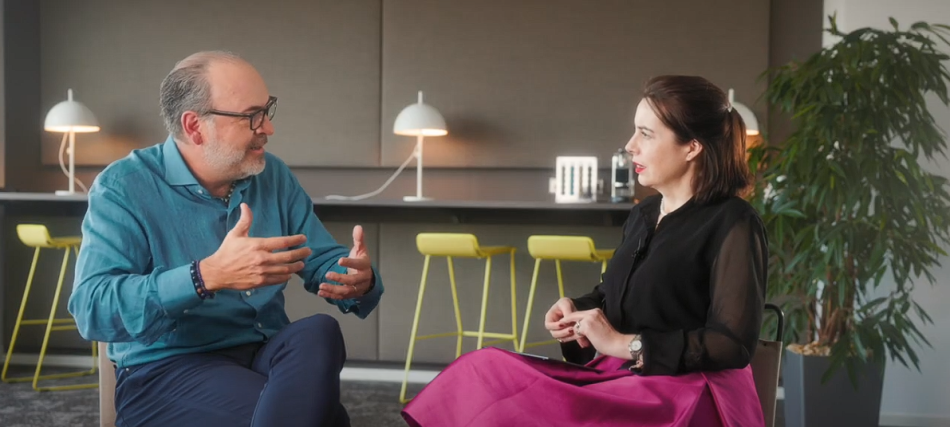
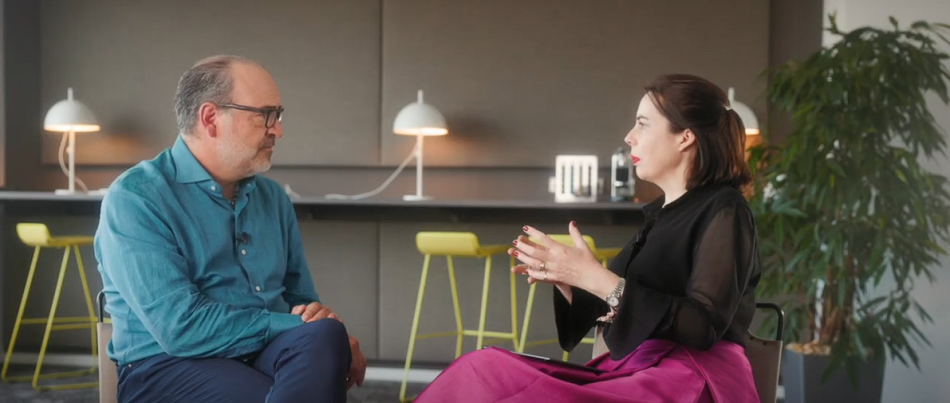
What advice would you have for board members on energy?
We do extensive CEO succession work, interacting deeply with the nominating committee, the Chair, and CEO candidates. Our role is to open up candidates and create a fair level playing field, ensuring they perform at their best. Once chosen, the new CEO can then drive the organization forward. Interestingly, committee members often don't see the need for their own involvement in this process, thinking it's only for the candidates. However, board members also need to take care of themselves to better support the organization and its leaders.
Thinking about CEOs and CHROs, what advice would you give to them to create a culture that really encourages your approach to energy management?
It's essential for the CEO to actively engage in transforming the organization's culture and not outsource this responsibility. They are stewards of the culture but need to recognize they aren't experts in cultural transformation. This is where true partnership with the CHRO is crucial. The CHRO should advise and support the CEO, handling best practices and processes. The CHRO needs a seat at the table to influence the executive committee and CEO, creating an ecosystem that supports cultural transformation. If both leaders role model new and sustaining behaviors, this will cascade throughout the organization.
What makes you feel optimistic?
Every time that we work with these very influential leaders, and every time I witness them change, their ability to impact themselves, their organization and society at large, it's real. And that makes me hopeful. Because it's in in them, it's in us to be able to enable that change. I'm hopeful that as long as we commit to do the personal work and the work together, we have the ability to impact and change the world.
***
Shifting the focus from time management to energy management is a challenging perspective. Many leaders are conditioned to consider the ‘self’ as selfish. However, as Ricardo has illustrated during our conversation, the work to unlock ourselves and our energy is, in fact, a gift and valuable contribution to our teams and organizations. This is an underrated factor that is key to building our resilience. Ricardo’s framework and practical steps can help leaders navigate their way forward.






